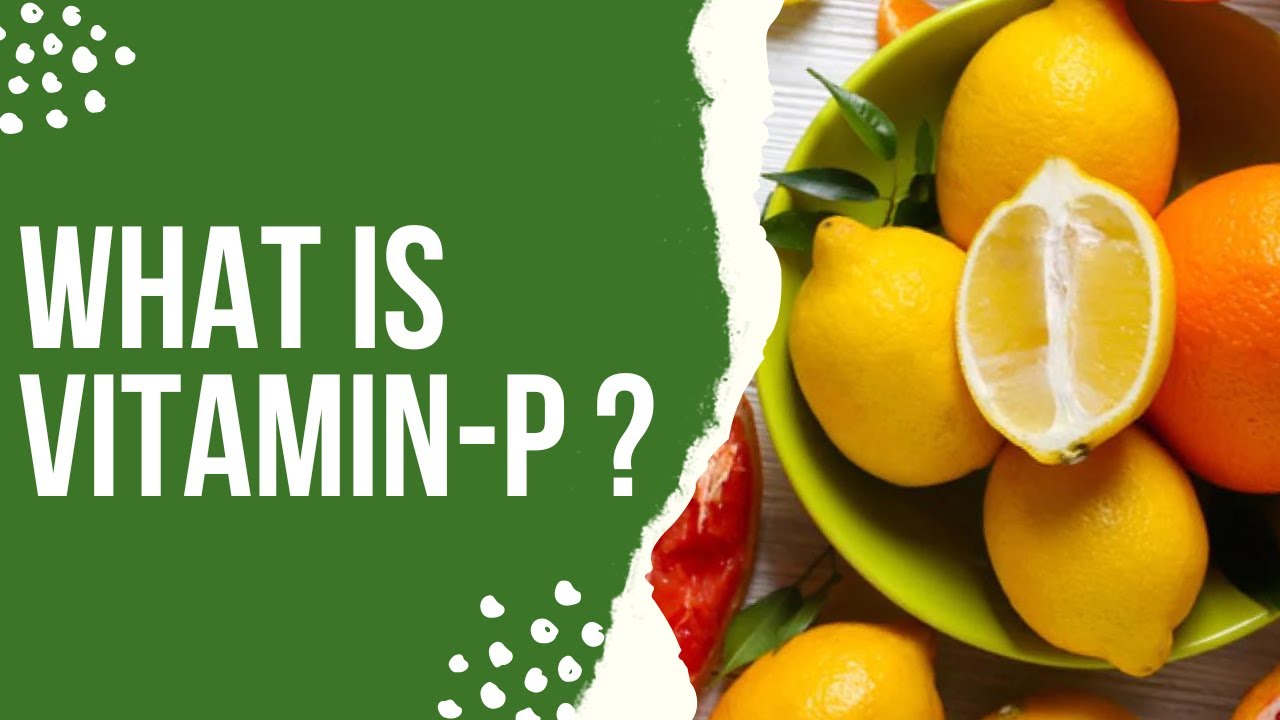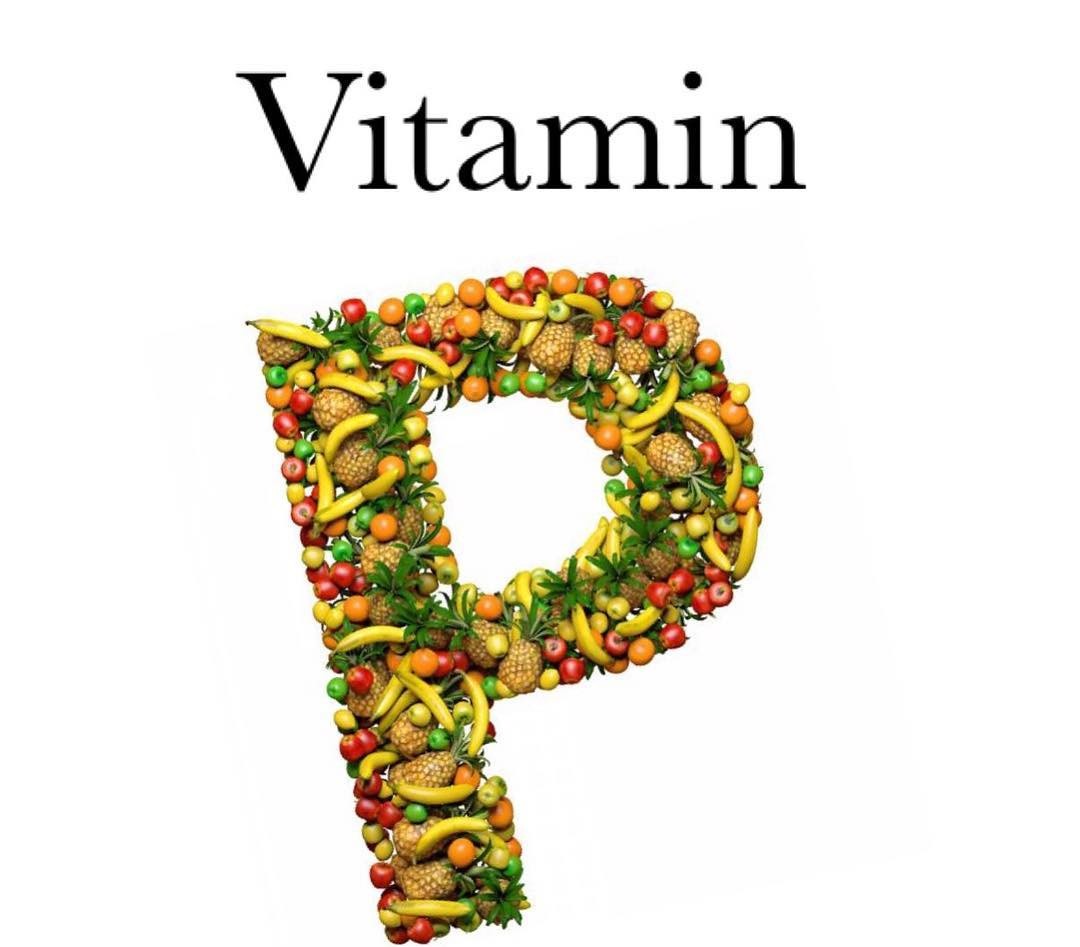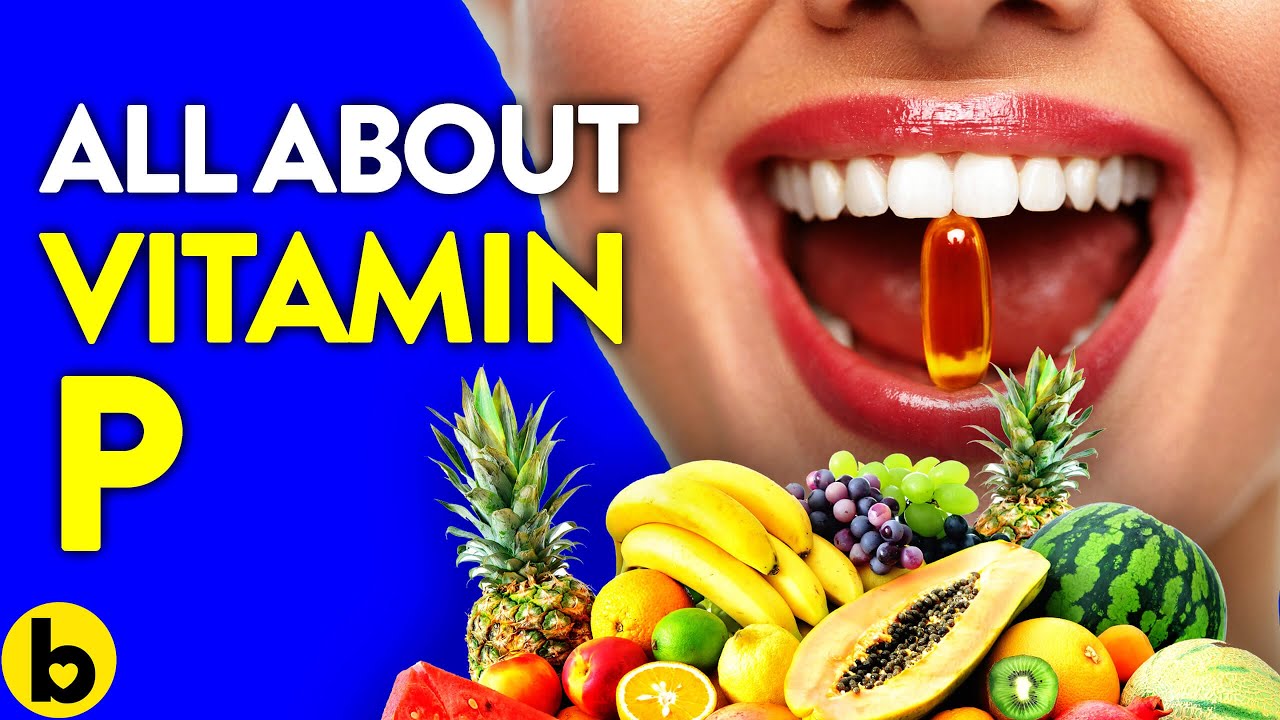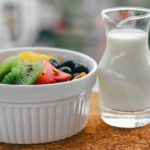Vitamin P: The Ultimate Guide

Have you ever heard of Vitamin P? It might sound like an essential nutrient, but there’s a twist! This section dives into the world of Vitamin P, exploring its role in nutrition and whether it’s truly a vitamin.
First, Vitamin P refers to a group of plant compounds called flavonoids. These flavonoids are superstars in the plant kingdom, giving fruits and vegetables their vibrant colors and offering potential health benefits. But here’s the catch: Vitamin P isn’t actually a single vitamin our bodies need to survive, unlike vitamins A, C, or D.
Intrigued? Stay tuned! In the next sections, we’ll unveil the potential benefits of these flavonoid superheroes, explore the delicious foods brimming with them, discuss supplements (are they necessary?), and answer the burning question: how much Vitamin P (well, flavonoids) should you consume?
Also Read: Reasons to Eat More Mushrooms
Benefits of Vitamin P

While Vitamin P isn’t a true vitamin, the flavonoid compounds it represents boast a range of impressive potential health benefits. Let’s delve into some of the exciting possibilities:
Guarding Your Heart: Flavonoids might be your heart’s secret protector! Studies suggest they can help strengthen blood vessels, making them more flexible and resistant to damage. Additionally, their anti-inflammatory properties may play a role in reducing chronic inflammation linked to heart disease.
Antioxidant Allure: Flavonoids are nature’s antioxidant powerhouses. They act like tiny shields, neutralizing harmful free radicals that can damage cells and contribute to various health issues. This antioxidant activity may promote overall well-being and potentially reduce the risk of chronic diseases.
Immune System Support: Flavonoids might lend a helping hand to your immune system. Some studies suggest they can enhance immune cell function, potentially making you more resistant to infections and illnesses.
Chronic Disease Defense: Research suggests a link between flavonoid intake and a lower risk of certain chronic diseases. These include type 2 diabetes, some cancers, and even neurodegenerative diseases like Alzheimer’s. While the exact mechanisms are still being explored, the antioxidant and anti-inflammatory properties may play a role.
Also Read: Magical Benefits of Consuming Saffron Milk
Food Sources Rich in Vitamin P
Since Vitamin P refers to a group of plant compounds – flavonoids – the good news is that you can incorporate them into your diet through a variety of delicious fruits and vegetables! Here’s a vibrant list:
Citrus Superstars:
Oranges, grapefruits, lemons, and limes: These sunshine-colored fruits are loaded with flavonoids called hesperidin and naringenin.
Berry Bonanza:
Blueberries, strawberries, raspberries, and blackberries: Bursting with anthocyanins, a type of flavonoid, these berries add a touch of sweetness and a powerful antioxidant punch to your diet.
Grapes of Glory:
Red and purple grapes: Like berries, red and purple grapes are rich in anthocyanins, contributing to their vibrant color and potential health benefits.
Veggie Powerhouse:
Onions, broccoli, and leafy greens (like kale and spinach): These don’t disappoint when it comes to flavonoids. They offer a variety of these compounds, including quercetin and kaempferol.
This is just a starting point! Many other fruits and vegetables are excellent sources of flavonoids. The key is to embrace a colorful and varied diet. By incorporating a rainbow of fruits and vegetables on your plate, you’ll naturally increase your flavonoid intake and reap the potential benefits.
Considering Vitamin P Supplements
With all the buzz about Vitamin P’s potential benefits, you might be wondering if supplements are the way to go. Here’s a breakdown to help you decide:
Availability: Vitamin P supplements, containing concentrated forms of various flavonoids, are readily available in stores and online. They come in various forms like capsules, tablets, and even liquid extracts.
Potential Benefits: Some studies suggest that flavonoid supplements might offer specific health benefits, but the research is ongoing. Consult a healthcare professional for personalized advice based on your health needs.
Potential Risks: While generally safe, supplements can interact with medications or have side effects. High doses of certain flavonoids might interfere with blood clotting or blood sugar control.
Before diving into the world of Vitamin P supplements, it’s crucial to consult with a doctor or registered dietitian. They can assess your individual needs, potential interactions with existing medications, and advise on the appropriate dosage if a supplement is deemed necessary. They might also recommend focusing on dietary sources of flavonoids first, as a well-balanced diet is usually the best way to ensure a well-rounded intake of these compounds.
Also Read: Fat Bomb: The New Keto Diet Snack
Vitamin P Dosage
Unlike essential vitamins, there’s no single recommended daily intake (RDI) for Vitamin P (flavonoids). This is because it’s not a single nutrient, but a diverse group of compounds with varying effects.
Your individual needs for flavonoids can vary depending on several factors:
- Age: As we age, our bodies may benefit from increased antioxidant support.
- Gender: Some studies suggest differences in flavonoid needs between men and women, but more research is needed.
- Overall Health: Certain health conditions might influence your need for specific flavonoids.
While supplements exist, focusing on a balanced diet rich in fruits and vegetables is the best way to get your flavonoids.
If considering supplements, discuss dosage with a healthcare professional. There’s no one-size-fits-all approach, and excessive intake can have negative effects.
- Supplements are not replacements for a healthy diet.
- Focus on a variety of colorful fruits and vegetables to get a broad spectrum of flavonoids.
- Consult a doctor or registered dietitian before starting any Vitamin P supplements, especially if you have pre-existing health conditions or take medications.
Also Read: Gaming Disorder Is Now a Mental Condition
In Crux
So, what’s the verdict on Vitamin P? While it’s not a single vitamin, the diverse group of plant compounds it represents – flavonoids – offer a range of exciting possibilities for our health.
We explored the potential benefits of flavonoids, including supporting heart health, acting as antioxidants, and potentially aiding the immune system and reducing the risk of chronic diseases. We also discovered delicious food sources brimming with these compounds, from citrus fruits and berries to leafy greens and onions.
When it comes to supplements, there’s more to be learned. While readily available, consulting a healthcare professional is crucial before adding them to your regimen. A well-balanced diet rich in fruits and vegetables is the best way to ensure a steady intake of these beneficial plant compounds.
The story of Vitamin P, or rather, flavonoids, is still unfolding. Research is ongoing to fully understand their impact on human health. But one thing is clear: embracing a colorful and varied diet rich in fruits, vegetables, and other nutrient-dense foods is a delicious way to support your overall well-being and potentially reap the benefits of these vibrant plant powerhouses.
How much did you like Our detailed Benefits of Vitamin P: Everything You Need to Know? Please share your view in the comment box. Also, please share these Blogs with your friends on social media.
Recommended











